Good evening. Meet Elbridge Colby, the preppy high prince of “the prioritizers”. He is a powerful friend of Taiwan and foe of China, determined to contain America’s greatest geopolitical rival even if it means withdrawing U.S. support for Ukraine and letting Iran develop its own nuclear capabilities. This does not mean Colby and his fellow prioritizers support Vladimir Putin’s imperial invasions of his neighbors or the Iranian government’s mischief-making across the Middle East. But if, as they believe, the U.S. only has the resources to take on one enemy, then that enemy should be China. Colby’s willingness to withdraw from conflicts near Russia and across the Middle East has endeared him to President Donald Trump. But, if it becomes necessary, will Trump back Taiwan?
Also in this week’s issue: The Big Picture looks at the dramatic decoupling of the U.S. and China’s education sectors since the pandemic; how Europe should deepen trade engagement with China; Chenggang Xu on calling totalitarian China totalitarian; and Yu Yongding makes the case for the Chinese government to do more to boost growth.
Want this emailed directly to your inbox? Sign up to receive our free newsletter.

The China Hawks’ China Hawk
In another era Elbridge Colby would have been one of “The Best and the Brightest” — a member of the Ivy League, East Coast elites immortalised in David Halberstam’s classic book on the President John F. Kennedy’s foreign policy advisors. But while JFK’s brain trust was determined to combat the spectre of Communist expansion wherever it emerged, and thought they could will America to win an unwinnable war in Vietnam, Colby is all too aware of the limits of U.S. power in the 21st century. It should, he believes, therefore be husbanded and used wisely against the one American rival that matters more than all others — China.
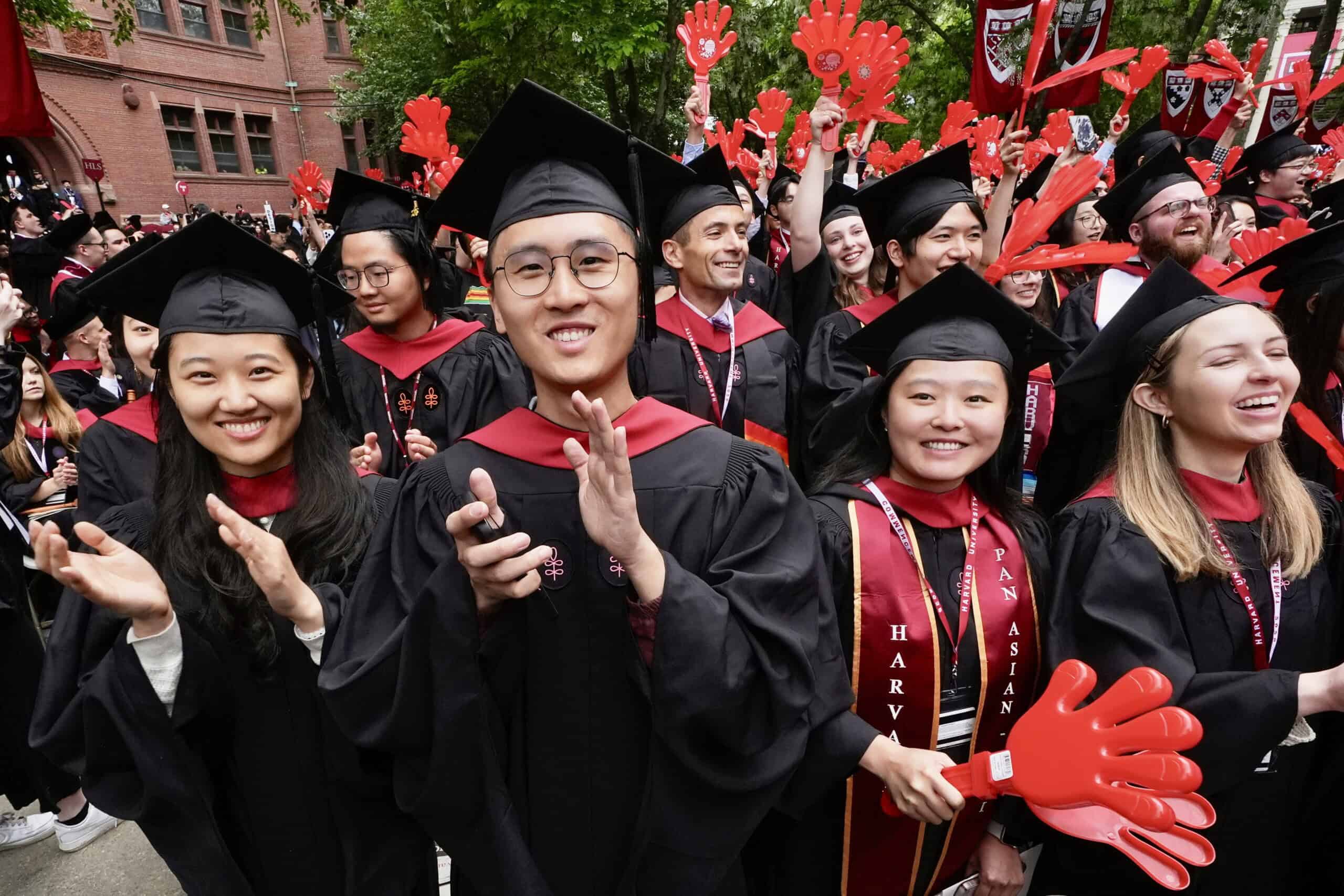
The Big Picture: Hey Mr Secretary, leave those kids alone!
Secretary of State Marco Rubio said they would have to go — many of them, anyway. President Trump now says that they can stay. Noah Berman writes that these are uncertain times for Chinese nationals studying in the U.S. — there were 277,000 of them in the 2023–24 academic year, accounting for one-quarter of all international students in the country. But it was really the pandemic, and not Trump’s second coming, that changed everything when it came to bilateral education exchanges. Before the pandemic, there were more than 370,000 Chinese students at U.S. educational institutions. Meanwhile the number of American students in China have fallen to less than 2,000, compared to about 12,000 before the pandemic.
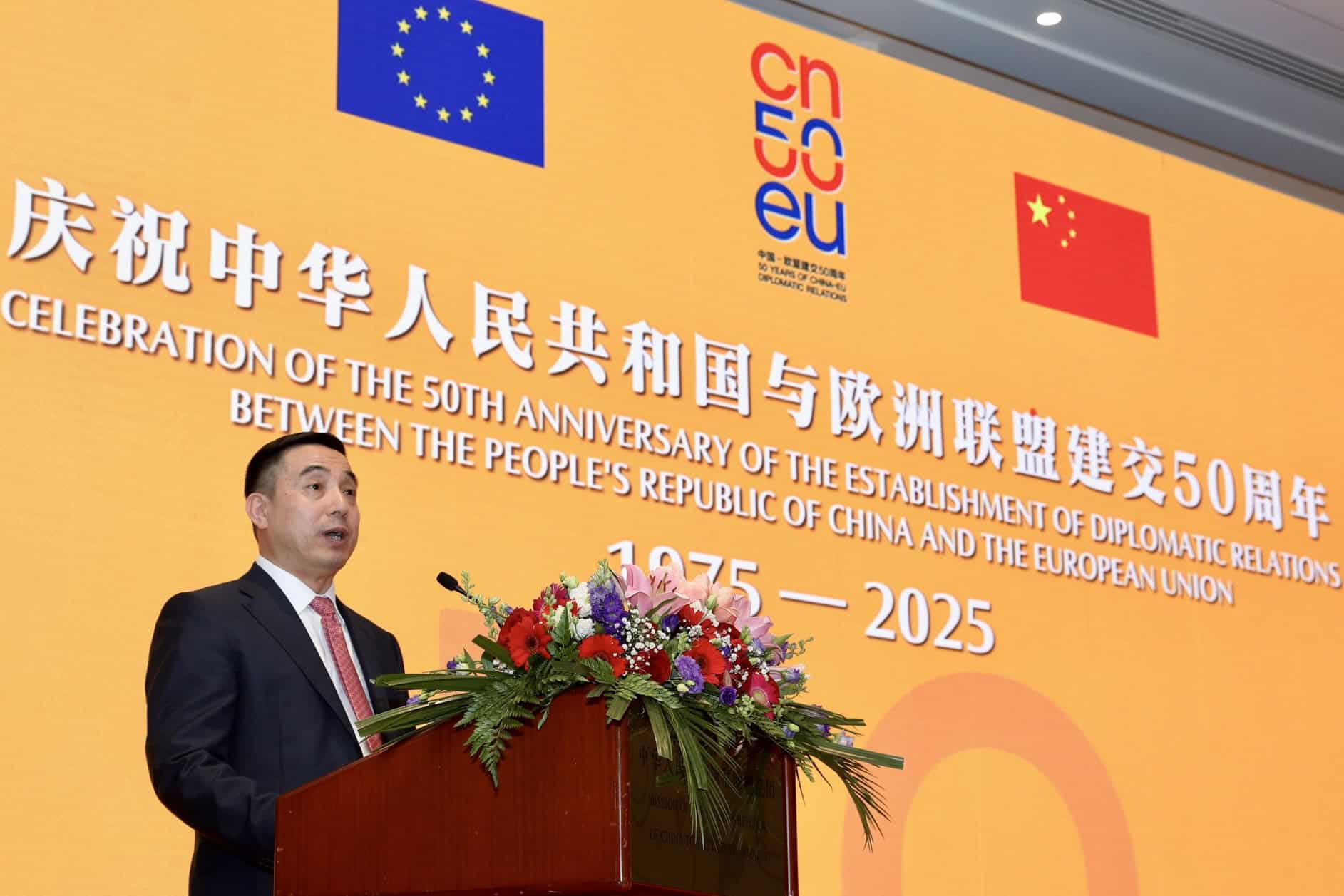
How to Trade With China
Europe, feeling a bit punch-drunk from the Trump administration’s on-again, off-again tariff assaults, is understandably more inclined to deepen trade ties with China. But deeper trade ties can mean deeper dependency which, write Gray Sergeant and Athena Tong, can be dangerous because Beijing can be even more fickle than Washington when it feels slighted. Countries across the East Asia region, most notably Japan and Australia, have learned this the hard way over the past decade and found ways to adapt. Europe should learn from them.
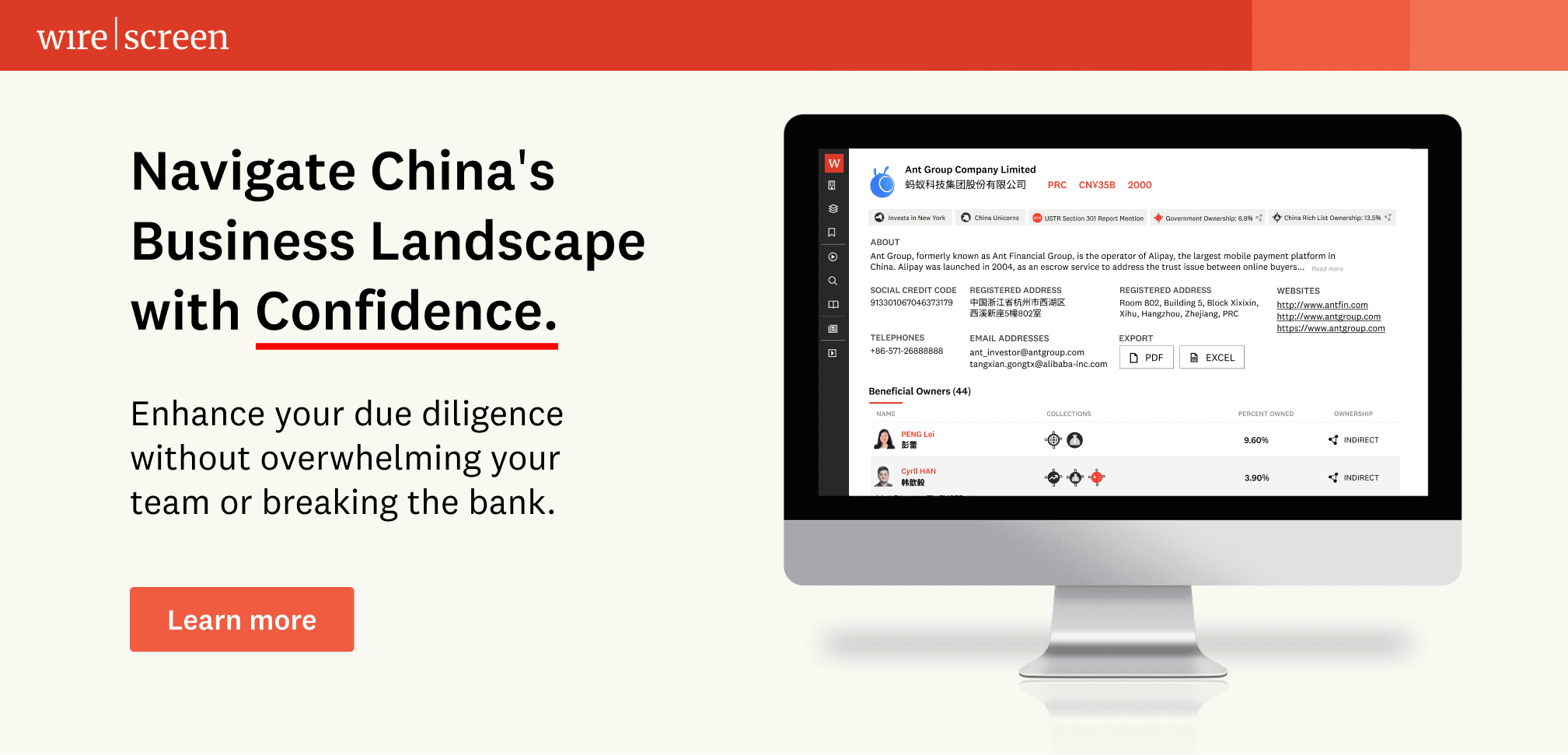
A Q&A with Chenggang Xu
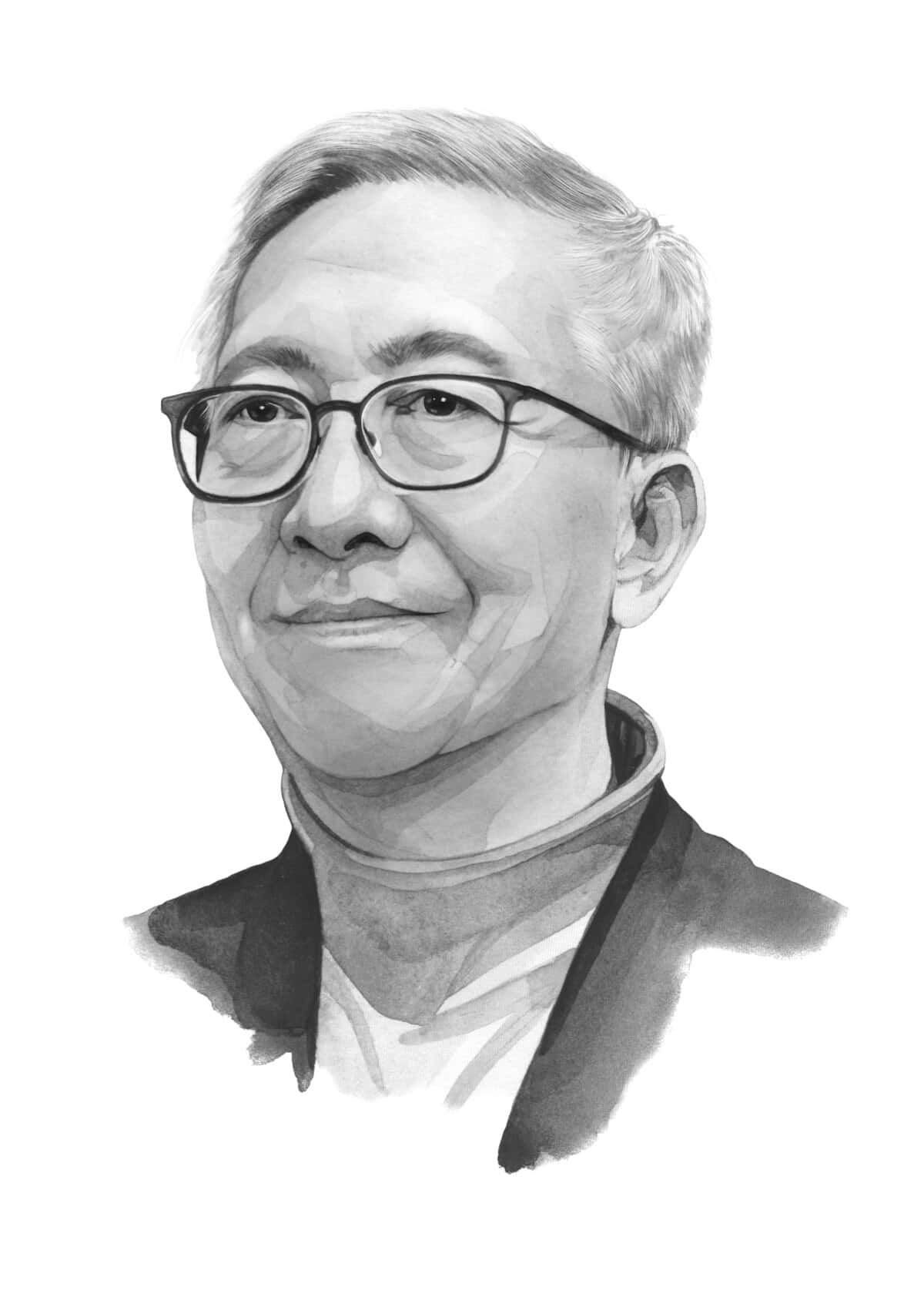
Unlike most scholars, Stanford’s Chenggang Xu, an expert on the totalitarian tendencies of China’s communist institutions, has lived experience of his subject area. He was sent to a labor camp during the Cultural Revolution.
In a conversation with Evan Peng, Xu talks about his latest book and why it’s OK to call China totalitarian. “The Chinese Communist Party … controls everything in society,” he notes. “The CCP has itself proclaimed that the Party leads everything, which is the definition of totalitarianism.” Chinese totalitarianism, he adds, is also more formidable than its extinct predecessors in other nations because it is “more flexible, more adaptable and more resilient”.
Chenggang Xu
Illustration by Kate Copeland
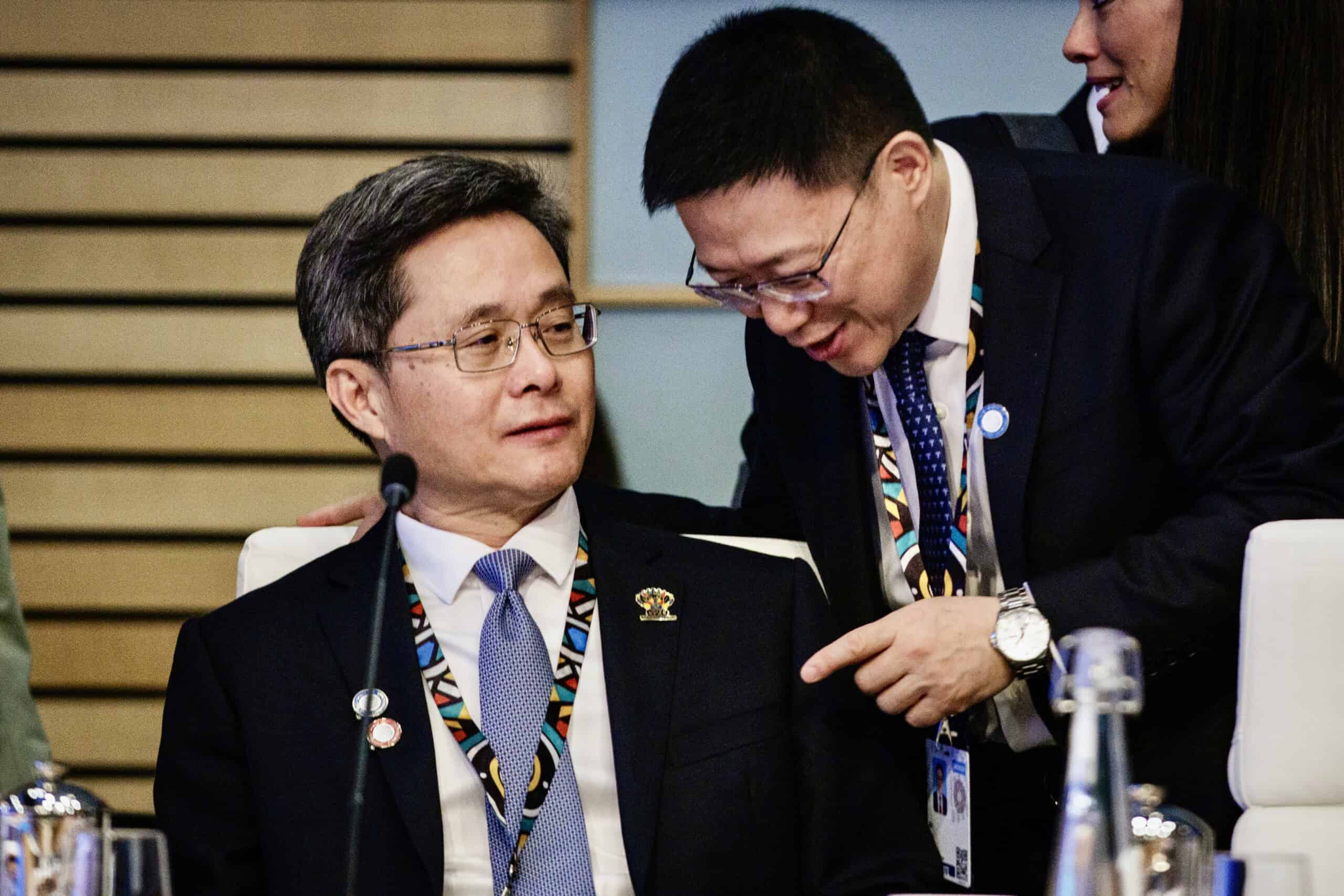
Time to Prime the Pump
With tame consumer price inflation and persistent deflation at the factory gate, Yu Yongding argues that “the case for expansionary policies in China today is clear”. But the government, wary of high debt levels, is still loathe to act.
Subscribe today for unlimited access, starting at only $19 a month.



